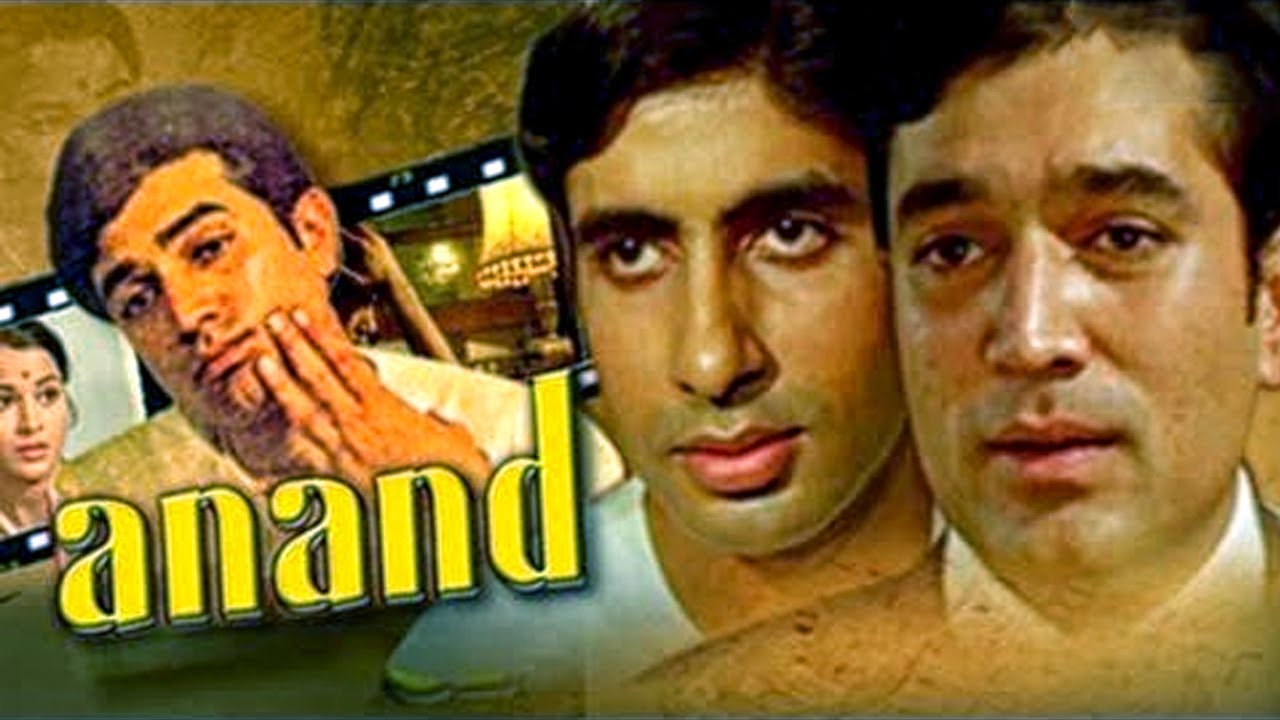For me, Visu will always remain Naradhar Naidu, the talkative do-gooder of Manal Kayiru, a film he wrote and directed. For years, I tested my memory by remembering the eight conditions (nine if you included Condition number 1 (A)) that Kittumani places before him when it is time to find him a wife. In this day and age, a film about a wedding built on lies might seem like overkill, but in the 1980s, when marrying a daughter off was of utmost importance to parents. Especially when an inter-religious weddings had repercussions on the marriageability of the others at home.
To think, I listened to Manal Kayiru, recorded by a studio in Paramathi Velur, on a stereo set! The recordist had doodled the title on a white background on the cassette cover. I watched the movie many years later. That’s the thing about Visu’s movies. They were ideal for listening too. Conversation-rich, everything was placed upfront; there was no need for any stylistic filmmaking or subtle acting.
In almost all his films, Visu played some version of Narada, the person who always poked his nose in others’ affairs. In Penmani Ava Kanmani, which I watched again yesterday, after hearing news of Visu’s demise, he played the elderly father who couldn’t not step in, to right the wrongs. Two types of ‘mother-in-law – daughter-in-law’ issues, two drunkards brought back from their addiction… the film is a goldmine of emotions. Add to it the exasperated son (Prathap Pothen) who has to often change houses, but eventually sees his father’s logic. Also, has Seetha ever looked more beautiful than in this film? Or has anyone else used her fetching eyes, as well as it was used in this film?
Visu is part of our nostalgia, because his films, even those made later, were set in a time when even the landline was a luxury. When retired fathers woke up early to go buy milk at the local vendor. Sadly, it was also the time when men decided whom their daughters would marry, “Kazhutha neeta sonna neetuva!” and this was a sign that they’d raised their daughters well.
The tropes were familiar — the joint family, with its attendant joys and grievances, the employed woman and her ‘arrogance’, the taming of the shrew, as it were, the ‘good’ daughter-in-law versus ‘bad’ daughter-in-law. Despite playing to the gallery with dialogues that were a great hit then, but might make us wince now, Visu pushed the envelope often, and how. He even discussed sex and desire in his films. Think Madhuri’s character Vasantha in Samsaram Adhu Minsaram taking a cold shower at night, because her husband only sees her as his younger brother’s tutor. Or, Seetha’s character Uma in Penmani Ava Kanmani, initiating sex with her husband Dilip, despite being injured in the leg by her mother-in-law.
Widow remarriage was in Sakalakala Sammandhi, where Saranya plays the daughter of the house who restricts her colourless life to her room, till Visu’s character walks into the house and makes everyone realise how wrong they all are.
Visu’s films came with their staples, in terms of cast. The highly-underrated Kamala Kamesh, Delhi Ganesh, Manorama in all her glory (her Kannamma is meme gold), Visu’s brother (late) Kishmu, Dilip, Ilavarasan, Ilavarasi and Lakshmi (in one of her finest roles as Uma in Samsaram Adhu Minsaram).
Visu wrote his women well, only they were either black or white. Aruna’s character in Penmani Ava Kanmani is a journalist, but she is also shown as deeply arrogant and prone to throwing a fit and being unmindful of her family. She gets her comeuppance, but it all falls within the ‘Taming of the Shrew’ template. Something similar happens to Sarojini’s (Ilavarasi) character in Samsaram Adhu Minsaram. The ones who shine in Visu’s films are the women who play by societal rules, the coy yet firm wives, daughters and daughters-in-laws.
That said, in the time Visu’s films were set in, the man who wanted to push the envelope, probably had to get into the envelope and meet societal expectations before he put forth his ideas, and nudged it out of the space it was tethered to.
Everyone acknowledges Visu, the writer-actor-director and his enviable body of work. But, I’d also like to remember the gentleman, who later went on to make a successful career, holding public debates, and as a gourmand too. Visu loved his food. I think he loved it as much as Ammayappa Mudaliyar of Samsaram Adhu Minsaram did. The man who described kesari, rasagulla and filter coffee with a love that can only be summoned by someone who is a devotee of food. I hope he’s in a place where’s he eating a spot of naatu vellam with some fresh-fried Rajapalayam mormolagai.



